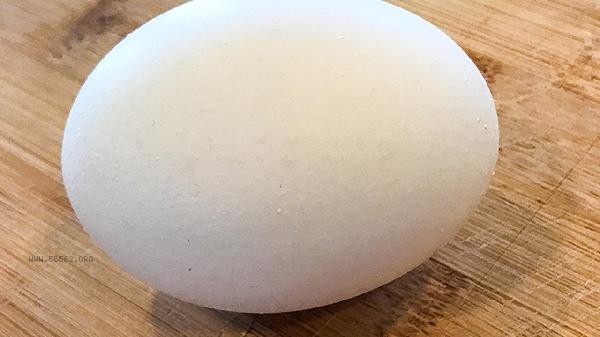Eggs are usually not recommended for consumption after being stored for one and a half months. The shelf life of eggs is greatly affected by storage conditions, and there may be a risk of spoilage if stored at room temperature for more than one month or refrigerated for more than two months. Eggs are prone to accelerated bacterial growth due to temperature fluctuations at room temperature, especially with a significantly increased probability of Salmonella contamination. The natural protective film on the surface of the eggshell will be lost over time, and the expansion of the internal chamber will cause the yolk membrane to become thinner and the viscosity of the egg white to decrease. refrigeration can slow down the rate of spoilage, but it cannot completely inhibit microbial activity. After exceeding the recommended storage period, there may still be signs of spoilage such as yellowing and sticking shells. If eggs undergo special treatments such as oiling, vacuum packaging, or pasteurization, the shelf life may be appropriately extended. Under normal storage conditions at home, even if there is no odor or obvious signs of deterioration, the amine substances produced by protein decomposition may still irritate the gastrointestinal mucosa. Elderly people, children, and immunocompromised individuals should avoid consuming eggs that have been stored for too long.

Daily recommendation is to consume as soon as possible after purchase. When storing in refrigeration, the tip of the egg can be placed downwards to slow down the expansion of the air chamber. Before cooking, the freshness of the eggs can be determined by checking for dark spots under light and by shaking the eggs to check for water sounds. If cracks, mold spots, or abnormal color of the contents are found on the eggshells, they should be discarded immediately to avoid the risk of food poisoning.










Comments (0)
Leave a Comment
No comments yet
Be the first to share your thoughts!